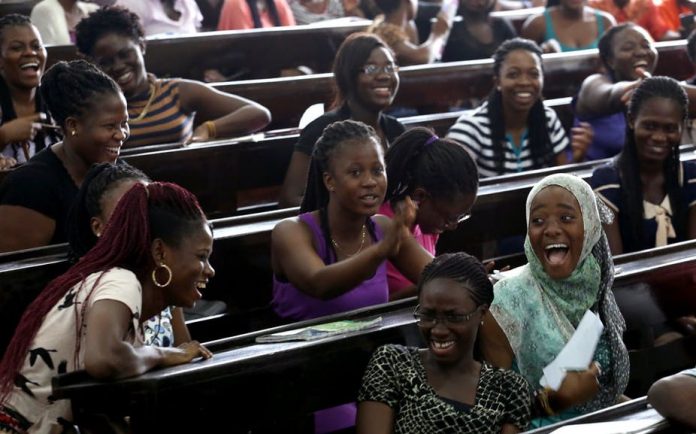There has been growing evidence around the world that young people are increasingly becoming apathetic about taking part in events such as elections, according to Ceron in a study conducted in 2015. Given that university students are also increasingly using social media, scholars have started to look at how it can be used to invigorate their diminishing interest in governance as well as in elections.
We conducted research on how students in Ghana used new media. The aim was to understand the motivations and political information needs that influenced them to use new media technologies for elections.
We found that young people were drawn to use new media technologies to have conversations on elections. Posts going viral gave them a sense of relevance and empowerment. Another reason was that it gave them the opportunity to engage in the comfort of their private spaces – offline.
The findings should enable more strategic targeting of university students by political actors and institutions. This could be in terms of turn out efforts, political messaging, communication as well as political campaigning. This has already been done successfully in a number of countries.
How it’s been done elsewhere
New media technologies have been used in a myriad of ways to mobilise people to vote in various countries. For example, in Italy in 2014, Sweden in 2010 and in the 2010 British elections.
Astute use of technologies was also evident in Barack Obama’s campaigns for the US presidency in 2008 and 2012.
In Africa, social media was used during the mass protests of 2011 in Egypt, Tunisia and Morocco. In all three cases, people uploaded photographs of the protests which then went viral. This reinforced global appreciation of the need for democratic change in the countries.
Social media has also been used to monitor elections and disseminate results. For instance in Nigeria, young Nigerians embarked on the “Enough is Enough” campaign on election vigilance to hold politically elected leaders accountable.
In Ghana, some civil society groups launched the “the Voter Decides” campaign in 2012. This sought to track the process of voting, monitor collation of results and ensure that the right results were announced.
But the deployment of various new media technologies by political actors for elections and other civil engagements hasn’t necessarily translated into reversing the dwindling interest in politics. This is clear from research by communication scholars like Christian Vaccari.
It raises the question: what motivates the young new media user to deploy the technologies from an informational and communications perspective?
Why Ghanaian Students use new media technologies
In our research on Ghanaian students, our main findings were that:
- Students are drawn to deploying new media technologies for the currency and breadth of information they can access.
- They are both consumers and producers of media content.
- They are able to navigate their way around the gatekeeping or filtration process conducted by editors.
- The opportunity to go viral or become virtual celebrities in seconds when they click the “enter” or “send” button is an experience they relish.
- The virtual space is a safe haven for many.
- They spend a great deal of time on social media. This is attested to when a student asserts: “my world is on the mobile phone.”
The potency of social media
Our findings reinforce the view that social media is a viable resource that can be relied on for voter mobilisation, campaigning and voting. Students suggest that political candidates must find ways to woo Ghanaian students into conversations before election fever catches on. If the candidates delay, their efforts will be perceived by the youth as self-serving.
Practically, many young people want to be part of the process of constructing political narratives offline rather than on campaign platforms. They want to be in their safe haven – online and anonymous – where they can’t be reproached for their youthful exuberance.
These kinds of conversations have the potential of reducing apathy and getting young people involved in the political process.
Political actors and candidates should seriously look at how media technologies can be used for effective reciprocal political communication with university students. If they understand what motivates and influences students to use new media technologies for conversations on the elections, political actors are much more likely to be able to count on the involvement of young people in conversations on the elections and participation in the electoral process.
Adwoa Sikayena Amankwah, Senior Lecturer of Communication Studies, University of Professional Studies Accra
This article is republished from The Conversation under a Creative Commons license. Read the original article.





